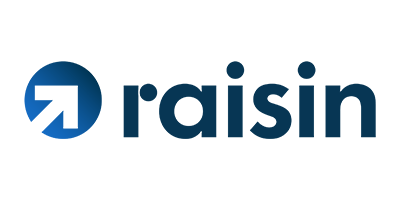Service with AI in the Co-pilot Seat
about how customer experience, technology, and organizational culture intersect

.png)

with Melanie Bielefeld, Head of Complaints Management at TUI
Episode Summary:
In this episode of Cards Against Complexity, Jan speaks with Melanie Bielefeld, Head of Complaints Management at TUI, about the evolving role of enterprise service in the AI era. With over 25 years at TUI, Melanie brings a clear-eyed view of how customer experience, technology, and organizational culture intersect - especially when things don’t go as planned on holiday.
Key Takeaways:
• AI as Co-Pilot, Not Replacement:
Melanie explains how TUI integrates AI as a supportive co-pilot in complex service environments. Rather than replacing people, AI enables faster issue resolution and helps teams focus on what matters most: high-impact, human-centered service.
• Curiosity as a Competitive Advantage:
Melanie shares her personal mindset for staying relevant - being curious, open to change, and self-driven in learning. She encourages peers and newcomers in customer service to actively explore AI tools and platforms, without waiting for formal training.
• Ecosystems That Enable Learning:
Reflecting on a standout moment at last year’s CCW event, Melanie highlights how industry gatherings like CCW and Service Summit fuel continuous learning and insight exchange. These forums - and podcasts like this one - are part of the broader ecosystem helping service leaders stay ahead.
Whether you're leading a service team or navigating digital transformation, this episode offers practical insights on staying adaptable, leveraging AI effectively, and building a learning-first culture.
Explore More Episodes



.png)









